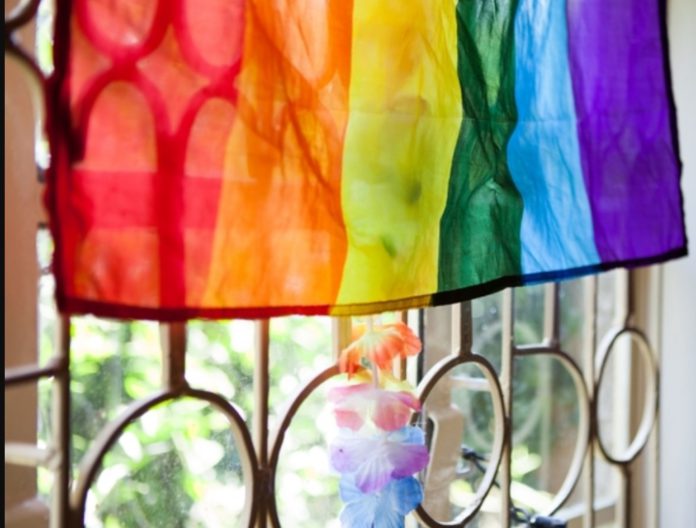
The International Lesbian, Gay, Bisexual, Trans and Intersex Association (ILGA) World says consensual same-sex activity is still illegal in 69 UN member states.
ILGA World 2020 report has revealed 69 UN member states still criminalise consensual same-sex marriage among adults.
According to the group, 67 of these countries have criminalised LGBTQI+ activities by explicit law provisions, while the other two are de facto.
The report also revealed 34 UN Member States provide some partnership recognition for same-sex couples, as Monaco and Montenegro have voted to recognise them legally during the past 12 months.
“As of December 2020, 81 UN Member States have laws protecting from discrimination in the workplace based on sexual orientation: 20 years ago, they were only 15,” the report stated.
The report further indicated that “in July 2020 Sudan repealed the death penalty on consensual same-sex sexual acts. In addition, Germany has now become one of the four UN Member States which banned ‘conversion therapies’ at the national level, and more jurisdictions in Australia, Canada, Mexico, and the United States followed suit”.
According to the Director of Programs at ILGA World, Julia Ehrt, this publication will be a “vital source of information for human rights defenders, States, researchers, media and the general public on how laws affect people on the grounds of their sexual orientation.”
Below are some key findings of the report:
Criminalisation of consensual same-sex sexual acts
- 69 UN Member States still criminalise consensual same-sex sexual acts between adults (67 by explicit provisions of law, 2 de facto).
- In 6 UN member States, the death penalty is the legally prescribed punishment for consensual same-sex sexual acts: Brunei, Iran, Mauritania, Nigeria (12 Northern states only), Saudi Arabia and Yemen.
Restriction of rights
- At least 42 UN member States have legal barriers to freedom of expression on sexual orientation and gender identity issues.
- At least 51 UN member States have legal barriers to the formation, establishment or registration of NGOs working on issues related sexual and gender diversity.
Protection from discrimination
- 11 UN member States contain constitutional provisions that specify sexual orientation in their anti-discrimination protections.
- 57 UN member States offer broad protections against discrimination based on sexual orientation – including in education, health, the provision of goods and services and/or housing.
- 81 UN member States have laws protecting from workplace discrimination on the basis of sexual orientation.
- 48 UN member States impose enhanced criminal penalties for offences motivated by hate towards the victim’s sexual orientation.
- 45 UN member States have laws that punish acts of incitement to hatred, discrimination or violence based on sexual orientation.
- 4 UN member States (Brazil, Ecuador, Germany, Malta) have nationwide bans against “conversion therapies”. There are subnational bans in 5 other UN member States: Australia, Canada, Mexico, Spain, United States.
Recognition of rainbow families
- 28 UN member States recognise same-sex marriage. One non-UN member jurisdiction (Taiwan) has also legalised same-sex marriage.
- 34 UN member States provide for some partnership recognition.
- 28 States have joint adoption laws, while 32 States allow for same-sex second parent adoption.






